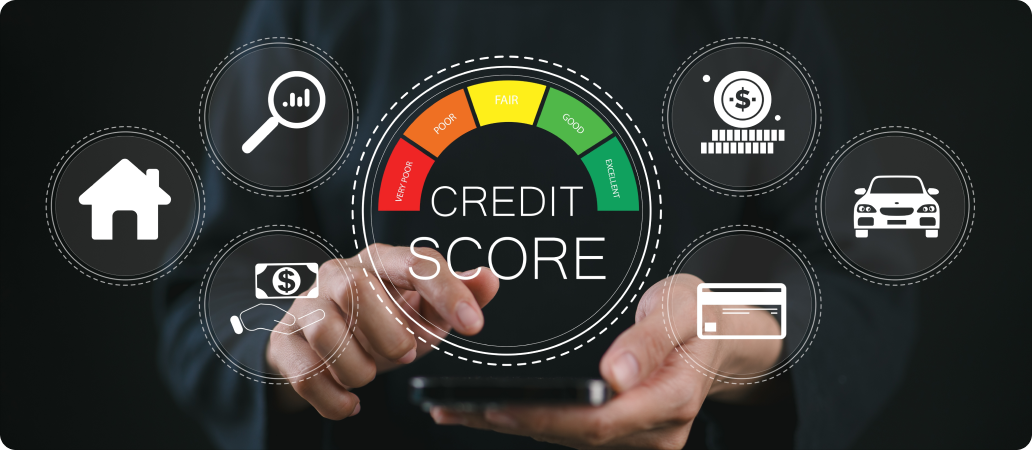Choosing the right type of business loan is crucial for maintaining healthy cash flow and supporting your business goals. One common question is whether to go for a secured or an unsecured loan. Both have their pros and cons, and the best choice depends on your specific needs and circumstances. Here’s a realistic look at how these two loan types compare, so you can make an informed decision.
What Are Secured and Unsecured Business Loans?
- Secured Business Loans: These loans require collateral—such as property, equipment, or other valuable assets—to secure the loan. This means the lender has a fallback if the borrower defaults. Collateral reduces the risk for the lender, which often leads to lower interest rates.
- Unsecured Business Loans: These loans do not require any collateral. Instead, approval is based on the creditworthiness of the borrower, including factors like credit score, business history, and financial stability. Because there’s no collateral, lenders take on more risk, which usually translates into higher interest rates.
Key Differences Between Secured and Unsecured Loans
1. Collateral Requirement
Secured Loans: Require assets as security, such as property or inventory. This can be beneficial if you have valuable assets that you’re willing to pledge.
Unsecured Loans: No collateral needed, making them ideal for businesses that don’t have significant assets or prefer not to risk them.
2. Interest Rates
Secured Loans: Typically offer lower interest rates because the risk to the lender is minimized by the collateral. This can save money over the long term.
Unsecured Loans: Generally come with higher interest rates due to the increased risk for the lender.
3. Borrowing Limits
Secured Loans: Can offer higher borrowing limits, making them suitable for larger investments like expanding operations or purchasing major equipment.
Unsecured Loans: Often have lower borrowing limits, which makes them more suitable for short-term needs like managing cash flow or covering unexpected expenses.
4. Processing Time and Documentation
Secured Loans: Involve a more thorough application process, including asset valuation and legal formalities. This can lead to longer approval times.
Unsecured Loans: Generally faster to process, with minimal paperwork, making them an excellent choice for quick funding needs.
5. Repayment Terms
Secured Loans: Offer longer repayment terms, which can help reduce monthly payment amounts and ease financial pressure.
Unsecured Loans: Usually come with shorter repayment periods due to the higher interest rates, which can increase monthly payment amounts.
When to Choose a Secured Loan
Secured loans are best suited for businesses that:
- Have valuable assets to pledge as collateral.
- Need larger loan amounts or longer repayment terms.
- Are comfortable with the idea of risking business assets in exchange for better loan conditions.
Example: If you’re looking to expand your manufacturing facility and have property that can be used as collateral, a secured loan could offer the best terms.
When to Opt for an Unsecured Loan
Unsecured loans are ideal for businesses that:
- Lack substantial assets but have a good credit history.
- Need quick access to funds without the hassle of extensive documentation.
- Are looking for smaller loan amounts to cover immediate or short-term expenses.
Example: A retail store needing funds to purchase additional stock for the holiday season might find an unsecured loan the quickest and simplest option.
Risks to Consider
Secured Loans: The main risk is losing your collateral if you default on the loan, which could impact your business operations significantly.
Unsecured Loans: While there’s no risk of losing business assets, defaulting can severely impact your credit score and future borrowing ability.
Conclusion
Both secured and unsecured loans from trusted lenders like small finance banks have their place in business financing. Secured loans offer lower interest rates and higher borrowing limits but require collateral, while unsecured loans provide quick access to funds without risking your assets. The key is to assess your business’s current financial situation, future needs, and risk appetite before making a decision.
Always consult with a financial advisor to ensure that the loan type you choose aligns with your long-term business strategy and financial health



